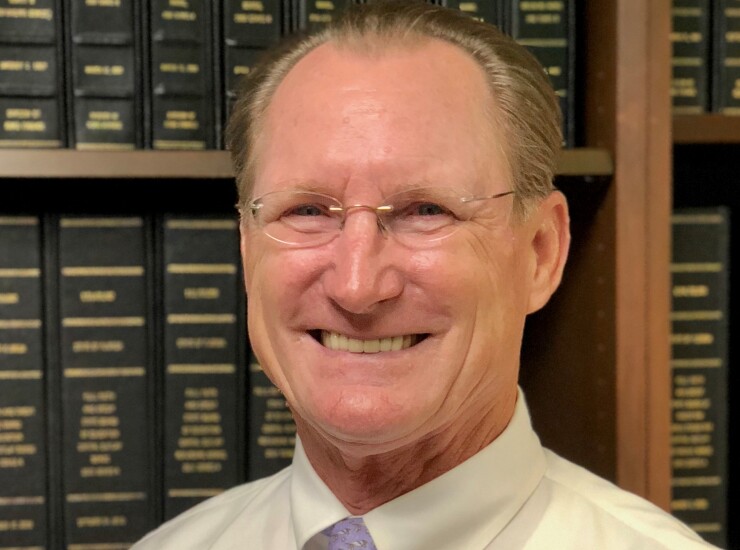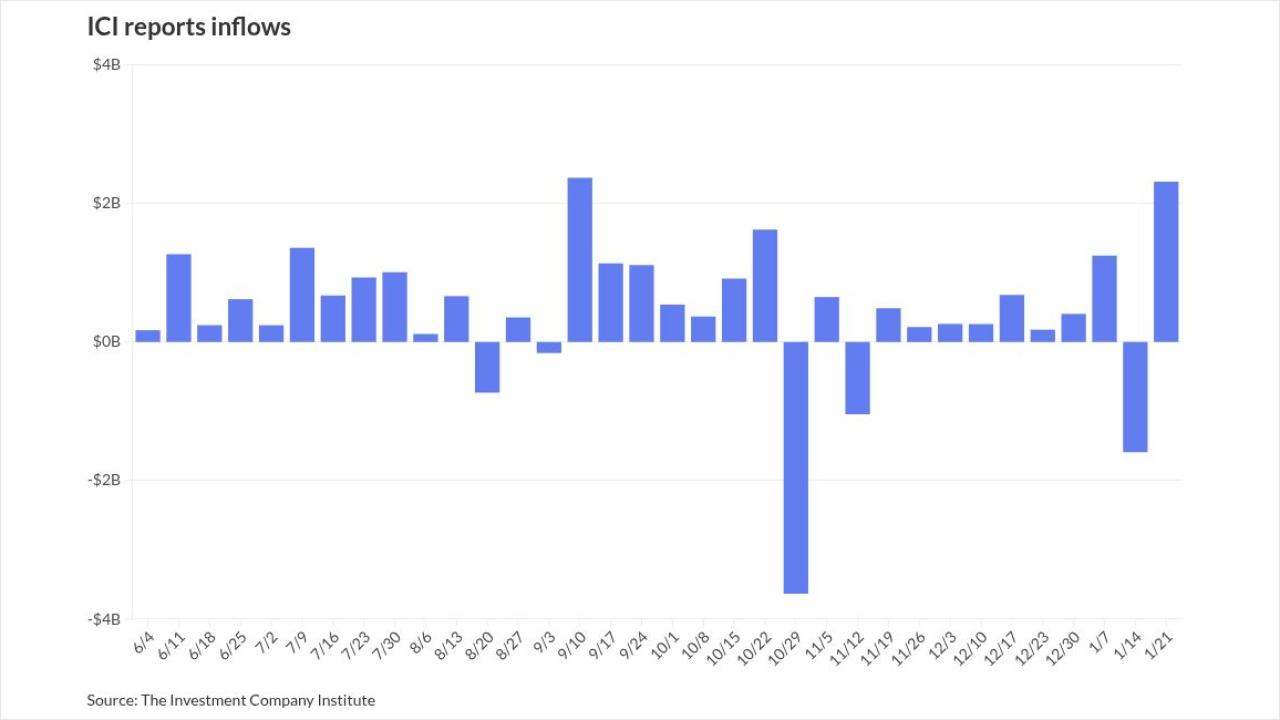Leading municipal bond market figures had their say this week at The Bond Buyer's Southeast Public Finance conference in Atlanta, sharing their insights and opinions on issues facing the industry, from tariffs and the tax-exemption to incorporating climate and weather resiliency into infrastructure.
Preserving the muni tax-exemption
Jessica Giroux, general counsel and head of fixed income policy for the American Securities Association
- "We're trying to talk about tax-exempt bonds as an economic multiplier. Sending the message it would be irresponsible for them to take away a tool that's an economic multiplier."
Emily Brock, director of GFOA's Federal Liaison Center
- "All of the things that win are things that have a tagline, are the things that are easily explained. And when you get to the municipal bond tax exemption you're starting with too many syllables first of all. You gotta dumb it down to, 'That's what makes your toilets flush;' these are the things that matter to your community. And oh, by the way,' the hashtag 'Built by Bonds' actually kind of works."
 Jana Ašenbrennerová
Jana Ašenbrennerová
Navigating the turbulent market
John Murphy, director and head of investor relations services at PFM
- "It's keeping that flexibility when you talk with your clients. It used to be, have a Plan A and a Plan B, and investors would come in and you'd be five times oversubscribed and everyone was happy. But in this market, you've got to have a Plan, A, B, C and D, and then be creative as well."
"If you look at it from a billion-dollar-plus deals and more supply, there are market gains. When we get more supply, they might have temporary disruptions in the market with too much supply and demand that works itself out. There's a price spread. It'll clear. Everybody does better in this space."
Mark Paris, head of municipal strategies at Invesco
- "We're going to request different types of structures, different types of coupons. If the market is in our opinion too cheap, we might want a 4% coupon with a big discount. If we want to be a little bit more defensive, we're going to ask for five."
Gary Hall, president and head of infrastructure and public finance at Siebert Williams Shank & Co. on tariffs and the economy
- "I just don't think we know, in candor, what the real credit risks are today, and I think we have to be extremely cautious about that."
- "I don't think we've had credit dislocation in our market … but I think we might start to see true credit dislocation in our market, where there might be some stress to access for certain credits in the municipal market."
Ronald Banaszek, senior vice president, Blaylock Van
- "Liquidity was a very big question that came back into the market in early April."
- "And caution on uncertainty in our market leads to questions from issuers. They lead to questions from the buyside. What happens … when the [buyside] steps aside, as they did that week, the liquidity in the market comes 100% to the dealer community. That's pretty remarkable in terms of the resilience."
Bo Daniels, head of Loop Capital's public finance division
- "It's important for people to realize we serve two masters; we have the issuer and the investor. We believe there's great camaraderie between issuers and investors and what we try to do is strike the right balance."
Resiliency
Chris Hicks, president of Provident Resources Group
- "I know nobody wants to call it ESG anymore. It's just basic good business when looking at any kind of transaction to take into account what you see right in front of your eyes with respect to climate change and all the things you can do with the technology we have today to help do your part."
Ben Watkins, Florida debt director

- "One of the things I want to talk about is trying to avoid the politicization of the issue. I was reflecting on these remarks and ESG and DEI and how those have affected the business and how those got politicized and really became an impediment to making forward progress on things. So I'm hopeful that we can avoid that."
- "I think resiliency is a beautiful, neutral word ... if you talk about global warming, the answer is 'no.' If we talk about climate change, then we're receptive to that. So we really need to focus on the substance and not the political extremes."
- "Financial support from the federal government through FEMA in responding to a disaster is essential to success, absolutely essential ... We know what to do. We know we're going to get paid," he said. "We know we're going to get the money back from FEMA and we have the liquidity to be able to provide the support."
Tom Doe, president of Municipal Market Analytics
- "We haven't seen any of these climate risks, we use that term, priced in the primary. What we are seeing is that the number of bids for bonds that have defined climate risks — and this is like small MUD deals, small school districts, CCRCs — are seeing fewer bids. It's an A and A-minus kind of realm. So instead of getting 10 or 12 bids for the bonds, you might see four or five."
Other topics
Leslie Norwood, managing director and associate general counsel of the Securities Industry and Financial Markets Association, on regulatory priorities
- "A lot of firms have struggled with off-channel communications … as being really a way that people just communicate in today's world, and that being really a struggle for a lot of people to force communications onto on-channel sources."
- Many supervisory rules were written for a world that no longer exists, she said. "People don't work in a location-based environment anymore. People work in a functional way, right?"
Courtney Knight, Atlanta's treasurer, on P3s

- "There's a great need for us to find ways to work with private parties that can operate certain facilities more effectively than we can in the public sector."
- "The greatest example I have is our proposed biosolids project, where we're proposing to build a facility that will take our wastewater residues and convert them into energy effectively. Well, we have no capacity, either from a balance-sheet perspective or from the perspective of our expertise in operating a facility like that. So we are always looking for the private sector to bring that expertise to the table."





